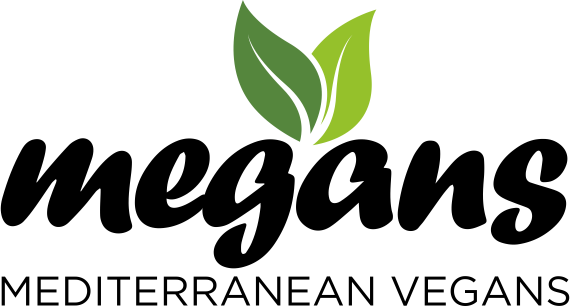Benefits of veganism: animal rights

A few decades ago, the majority of people wouldn’t have known the meaning of the word “vegan.” As we arrived in the 20th century, it was commonly used to refer to a fringe movement of people on extreme diets. Now, veganism is becoming more mainstream every day. But what is veganism? And how is it different to a plant-based diet? Here’s everything you need to know about the movement.
The word vegan refers to people who avoid contributing to non-human animal exploitation. This means that they won’t eat, wear, or in any way use products made with or from animals.
There are limits to this, however. Due to the world we live in, it wouldn’t be viable for most vegans to live in a way that causes no indirect harm to animals at all. Vital medicines are tested on animals, and the production of many plant-based foods harms bees, bugs, and other wildlife. In some places, like in the UK, animal fat is used to make currency.
Being vegan, therefore, means doing as much as possible to avoid harm to animals. Vegans won’t eat meat, dairy, eggs, or honey, or wear materials like leather, wool, silk, and fur. Vegans should also – where possible – avoid products containing animal-derived ingredients, and those tested on animals. Additionally, vegans avoid activities that rely on harming or exploiting animals, such as elephant “rides” or horse racing.

